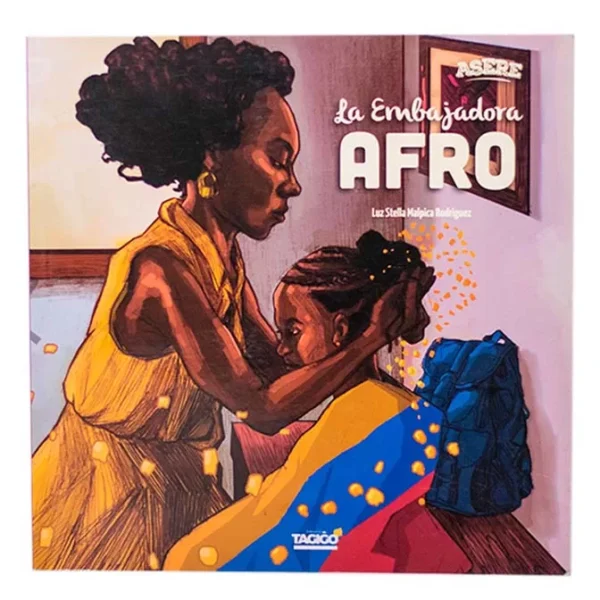
Sitting in a padded chair in the corner, the woman looked fondly at the faces around the room, a thread and needle moving swiftly in her skillful hands. She smiled, knowing that it was humble people like these that were going to change Mali, West Africa, for the better. Aoua Keita is an unfamiliar name to most, but a very important name that we are going to introduce to you this July 25th in honor of International Day of Afro-Descendant Women. Let’s take a closer peek at this woman in the corner chair.
Aoua Keita was born into a large family in Bamako, Mali, in 1912, and grew up under strict colonial views in a time where women had little rights and were expected to be submissive to men.
Surprisingly, her father encouraged her to seek higher education and sent her off to the School of Midwifery (the only formal education available to women in West Africa at the time) in the coastal city of Dakar. Aoua graduated in 1931, becoming one of the few Mali women to receive a professional degree.
Upon graduation, she took a position in Gao, a small administrative outpost with an ethnically mixed population. Kéita taught herself Songhai, the local dialect in order to connect with people, but many were suspicious of her ‘radical’ views of both medicine and emancipation and were slow to accept her help. Teaching herself sewing in order to form connections and gain confidence with the local women, Kéita became a leader figure where people were drawn to her and gathered together in her house to listen to her views on women’s rights.
From here, her activism exploded as summarized in this brief timeline:
- 1935 – She joined the USDRA, the main nationalist party, and became politically active after her first marriage.
- 1946 – She campaigned vigorously in the first elections in which women were allowed to vote.
- 1957 – She founded the Union of Salaried Women of Bamako.
- 1958 – She participated in the creation of the Federation of Black African Workers, served as representative to the World Federation of Trade Unions, and helped draft a constitution for the new Mali Federation
- 1959 – She was the first woman elected to the Mali National Assembly (1959);
- 1968 – She retired from politics and wrote her autobiography, Femme d’Afrique.
Upon her death in 1979, Mali remained in a weakened state. Soon afterwards, however, a series of massive public demonstrations occurred, in which large numbers of Malian women of all ages participated. The corrupt government of Traoré was eventually brought down, and the women of West Africa had proven they had a voice in political and national affairs.
Joining millions in celebration of International Day of Afro-Descendant Women today, let us take some time today to think about the sacrifices that Aoua Keita made to preserve the good traditions of her African culture and to tear down the bad traditions and let us be grateful for the voice we have to speak and make a difference in the world.
P.S. If Kéita could teach herself Songhai to make a positive impact on people, you can learn another language and do the same! Check out our “ONE ON ONE” classes here to sharpen your Spanish, French, or Mandarin and get connecting with new cultures and people.
Information source: https://www.encyclopedia.com/women/encyclopedias-almanacs-transcripts-and-maps/keita-aoua-1912-1979
If you liked our article and want more information, contact us, click here










